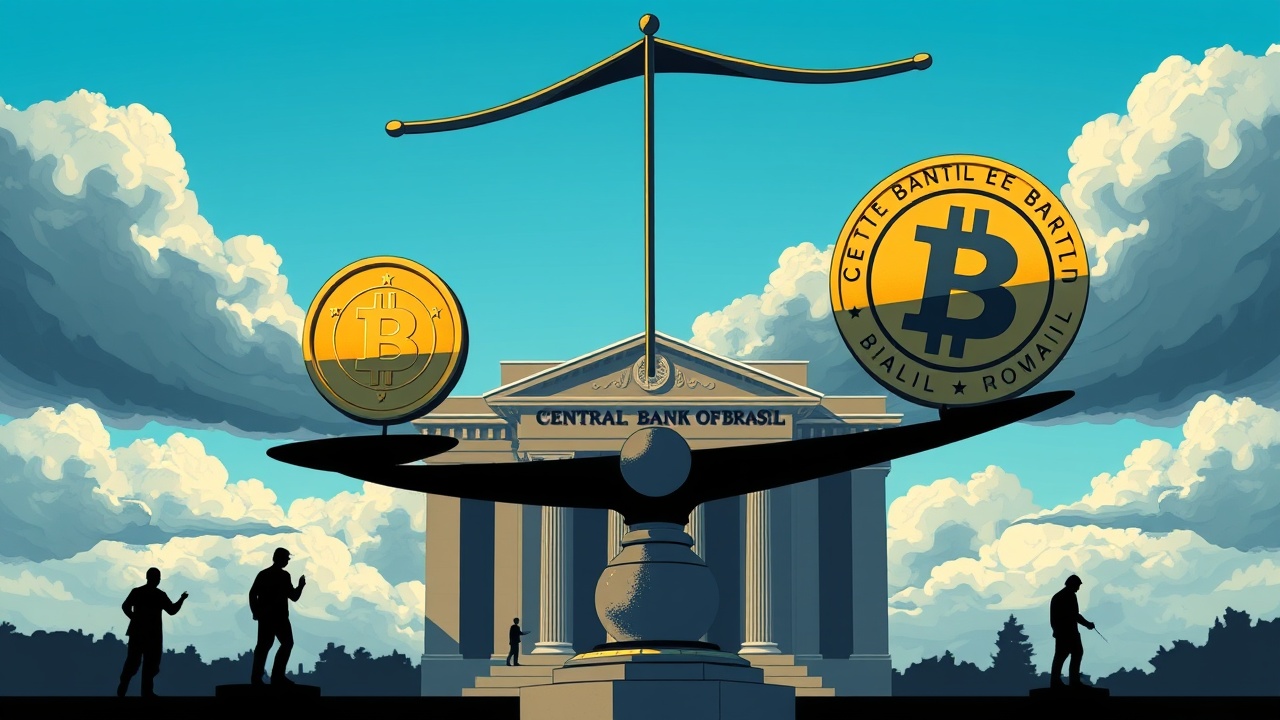Regulatory Developments on Stablecoin Withdrawals in Brazil
Eduardo Nogueira Liberato, a prominent figure at Brazil’s Central Bank, recently indicated that proposed regulations regarding stablecoin withdrawals are far from finalized. During a tokenization event held in Rio de Janeiro, he pointed out that there may be opportunities to adjust the rules allowing users to transfer stablecoins to personal self-custody wallets.
Liberato, who leads the Prudential and Exchange Regulation Department, emphasized that the current draft is merely a starting point and could be significantly altered before any new policies are put in place.
Community Concerns and Reactions
The official’s remarks come in the wake of significant backlash from the cryptocurrency community, which has expressed concerns that the original proposal would limit Brazilian users’ ability to use stablecoins like dollar equivalents without intermediaries. Liberato noted the importance of ensuring that financial service providers have a solid understanding of their clients who utilize self-custody solutions, hinting at a more flexible regulatory environment.
“This public consultation was intended to gather broad insights into the market, contrasting it with previous initiatives that were closer to final implementation.”
Critics, including major exchanges such as Binance, argue that instead of a total ban, the bank could adopt a less restrictive approach by implementing periodic transaction reporting, thereby maintaining oversight without completely prohibiting stablecoin usage.
Implications for Decentralized Finance
The notion of a full ban raises significant concerns, as it could unintentionally demonetize decentralized finance platforms, which depend on stablecoins for yielding incentives. This discussion highlights the complexities Brazilian regulators face as they seek to navigate the evolving landscape of digital currencies while balancing financial safety and innovation.




